Tackling Agribusiness Drivers and Enablers in Crops, Livestock, Fisheries and Agro-processing
The Government of Tanzania, during the last two decades embarked on a number of initiatives to improve the business environment such as BEST (Business Environment Strengthening in Tanzania). Development partners such as USAID, through projects such as ASPIRES (Agriculture Sector Policy and Institutional Reforms Strengthening project) has supported GoT’s effort to improve the policy environment in agriculture, food security and nutrition. Such support has helped accelerate policy and regulatory reform. Overall, many reforms have been carried out in the fiscal policy sphere but challenges remain, especially in the regulatory framework.
The food security and nutrition policy in Tanzania is guided by two policies: The 1993 Agricultural Policy and the 1992 Food and Nutrition Policy (FNP). Both are under review and expected to be approved during the 2020/ 21 fiscal year. The implementing strategies for Agricultural Policy and FSNP are specified by the 2017-26 Agricultural Sector Development Program, phase-two (ASDP II) and the 2016-21 National Multi-Sectoral Nutrition Action Plan (NMNAP). Under ASDP-2, Component 4 focuses on Sector Enablers (policy, regulatory framework) and Coordination. In addition to agricultural sector policies, food security and nutrition is affected by policies from other sectors. Although Tanzania has made some progress in policy reforms, many challenges remain to be addressed in order to create a favorable policy environment to
accelerate agricultural transformation, food security and nutrition, and poverty reduction.
Based on experience from the Policy Analysis Group (PAG), this section highlights the strengths, weaknesses, opportunities and threats in the implementation of activities to improve enabling policy environment. The analysis provides a justification for further investment to improve enabling policy environment in agriculture.
- Dodoma
- 12-14 February, 2020
Disclaimer: PAG reserves the right to make final determination of physical participants in Dodoma. A strict code of conduct will be put in place as we take all precautions against COVID-19
About PAG & AAPC
The Annual Agricultural Policy Conference (AAPC) is organized by the Policy Analysis Group (PAG) in collaboration with the Ministry of Agriculture. The PAG is an informal (community of practice) and voluntary group that consists of members working on agricultural policy projects, initiatives, academia, and local and international policy think tanks. Established in 2013, the group has about 20 members and provides a platform for sharing information on policy research findings so as to enhance coordination, collaboration and synergy. The PAG also aims at ensuring consistency in policy messaging.
The AAPC brings together over 150 participants from academia, research institutions, policy-makers, advocacy groups and development practitioners from Tanzania, in the region and beyond. The Conference provides an opportunity to assess progress in implementing policy reforms under the CAADP framework of the New Alliance on Food Security and Nutrition. In addition, the conference will discuss successes, lessons learned and identify remaining gaps, how to increase competitiveness within the alliances, and emerging issues that require attention.
Partners



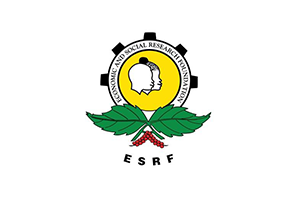


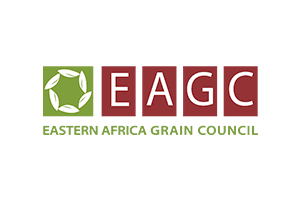
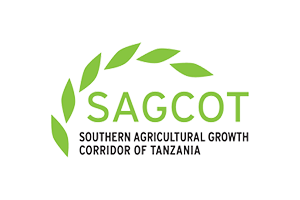







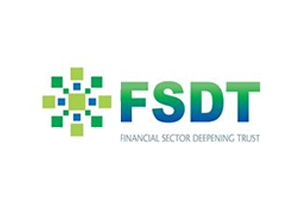



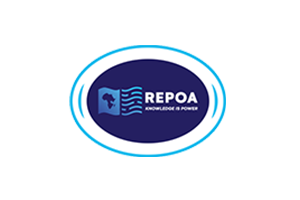
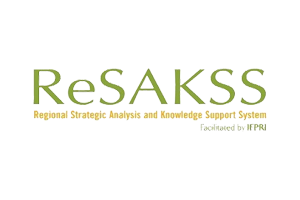
Thematic Areas
- Agricultural sector policies (macro and micro economic policies)
- Trade policy
- Private sector enabling environment
- Land, natural resources and environment
- Access to farm input and technology
- Access to finance
- Food security, nutrition and resilience
Making improved seeds available at an affordable price and at the right time is key. The Government's Agriculture Seed Agency (ASA) cannot meet demand alone. As a ministry we want to create private/public sector partnerships to spur seed production.